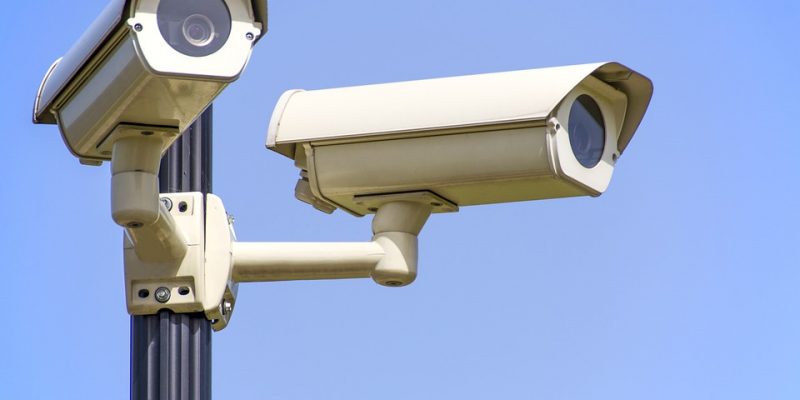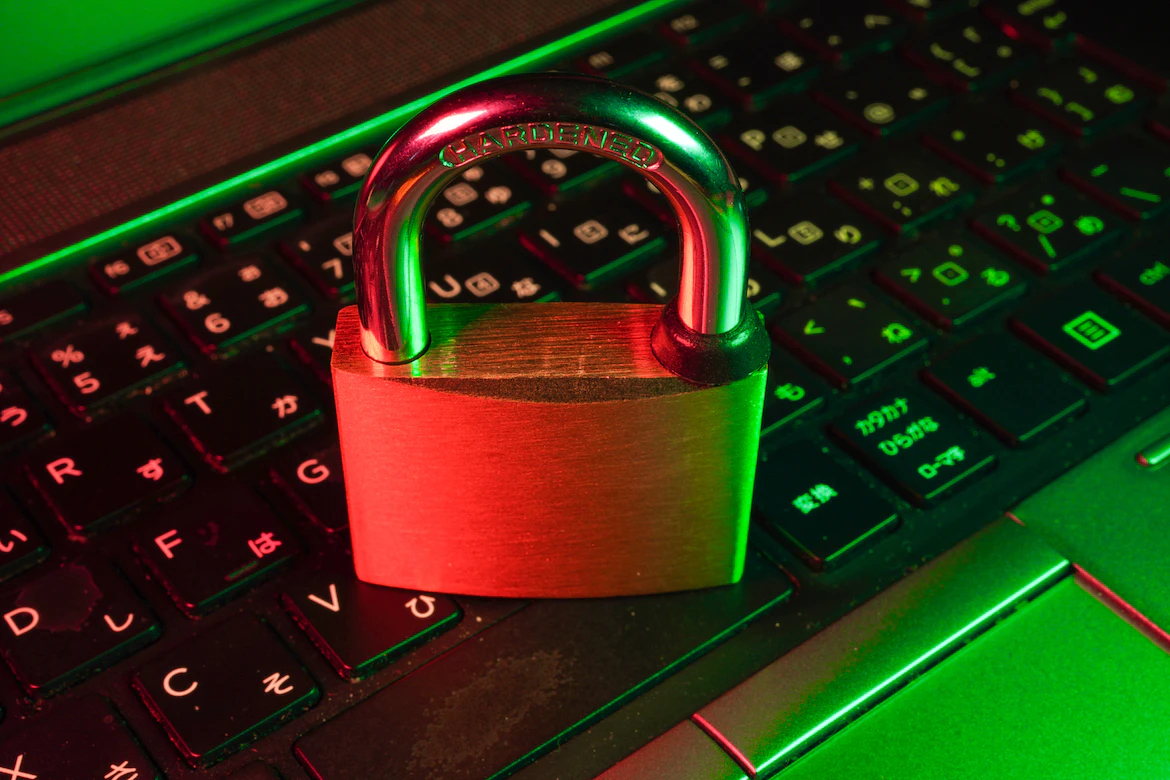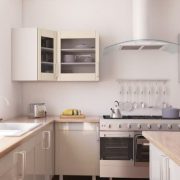Did you know that the average burglary takes place in under six minutes? To be sure, as you’re working to turn your house into a home, you’re also upping the risk of becoming a burglary target. Luckily, with the right home security measures, you can keep your home safe and protected at all hours.
If you’re looking to go all-in on home security, you’ve come to the right place. Below, we’re outlining several security tips and advice to improve home security that will keep you and your family safe.
Keep on reading for several tips on home security to keep you, your family, and your belongings safe.
Create Obscure Hiding Places for Valuable Items
Hiding valuable items in plain sight, such as in desk drawers or filing cabinets can increase the chances of theft. Hide your items in locations that are out of view and make them difficult to find. This could include keeping items in a secret compartment of a piece of furniture, in an old container, or behind false walls.
It is important to think of areas where a thief is unlikely to look, such as in a fireplace, within old wall fixtures, or inside of a pet’s toy. It is also best to store your valuables in a bank safe deposit box for an extra level of security.
Use a Security System
A system should have sensors and cameras to detect movement and alert the homeowner, law enforcement, or monitoring companies of an intrusion. Motion-activated lights and noises should be installed to surprise and frighten away intruders. Many top of the range home CCTV systems include a control panel to allow you to control the system yourself and arm it with one-touch convenience. Burglar alarms, contact sensors, glass break detectors, and fire and carbon monoxide detectors are some of the additional features that should be included in a comprehensive home security system.
Build Fences
Fences are useful in keeping out intruders and can also provide privacy from nosey neighbors. Depending on the material used and the height, fences can be very difficult to climb and breach, deterring anyone from attempting to gain access to your property. Installing fences around your property can send a message to people that your home is not susceptible to break-ins, making it an easier target.
Fences that are tall and made out of durable material can keep animals out as well. Be sure to select a fence that is not easily climbed and consider automated opening and closing technology such as an intercom system.
Install Motion Detecting Lighting
Motion-detecting lighting features a sensor that is triggered when it detects movement within its range. Motion-detecting lights provide illumination when it’s needed without you having to manually turn lights on and off.
As soon as someone approaches your property, the lights will turn on, which is an effective way to scare off potential burglars. It’s also great for illuminating pathways and other parts of your property at night. Allowing you to easily see where you’re going without having to leave your lights on all night.
Landscape for Security
Strategically placed shrubs, trees, and fences can serve as natural security barriers, making your home less of a target for intruders. At the same time, ensure that any tall vegetation is not blocking windows, doors, or attic vents as this provides easy access for burglars.
Take care to ensure that windows and doors are properly lit so intruders cannot easily stay in the shadows. Motion sensor flood lights or security lights can also provide additional protection. Trim hedges regularly to prevent them from becoming overgrown and hiding criminal activity.
Install Good Quality Locks
Good quality locks are a visible deterrent to potential criminals, providing an additional layer of defense. These locks include deadbolts, which should be at least a Grade I so that the lock cannot be forced open. Another great option are window locks, which have been proven to deter burglars.
High-security door locks are also a top recommendation and can provide added security, as they are harder to pick. Keyless or digital lock systems can add another element of security, as they can be programmed to individual access codes.
Keep Windows and Doors Closed
If windows and doors are open, they are an easy entry point for intruders. It is also recommended to lock all windows and doors with deadbolts and keyed locks that cannot be duplicated, has bump-resistant cylinders, and must have the locks keyed to the outside.
You should check that all locks are functional and secure, and have any problems fixed quickly. You should also upgrade all windows when necessary and ensure any secondary means of egress are also likewise secured.
Safeguarding Personal Data
Start by protecting physical spaces and documents with locks and passwords for any electronic devices. Limit data access to trusted family members and friends. Make sure passwords are frequently changed and high standards of security are kept.
Make sure all online accounts use two-factor authentication, such as passcodes sent via SMS. Install firewalls and anti-virus software, regularly back up important files with an online-based service, or encrypt sensitive data. Always keep regular check-ins with family and friends to ensure peace of mind and be aware that some data may need to be destroyed unused for extended periods.
Utilizing Smart Home Security Features
Smart home security systems provide real-time access to your home from anywhere around the world and give you the ability to monitor and control security settings.
This includes turning off lights, locking and unlocking doors and windows, and even monitoring for smoke and carbon monoxide. Smart systems can also be integrated to send you notifications when any security breach is detected.
Educating Family Members on Home Security Procedures
Children should always be taught to be aware of their surroundings and to lock doors when they are inside. Family members should also be informed on the best practices for keeping valuables out of sight and secure, such as in a safe or on the highest shelves.
Instruct everyone on the importance of locking up any spare keys and never giving out the exact address to visitors. If family members have an alarm system installed, ensure that they know how to properly set and reset safety codes. It is important to encourage regular check-ins from family members so that any security concerns can be addressed in a timely manner.
Update Your Security Measures for a Peace of Mind
Home security is an essential part of keeping your home safe. Utilizing the tips in this guide will help ensure the safety of your home and family.
Utilize these tips to secure your home today and ensure you and your family can sleep soundly!























